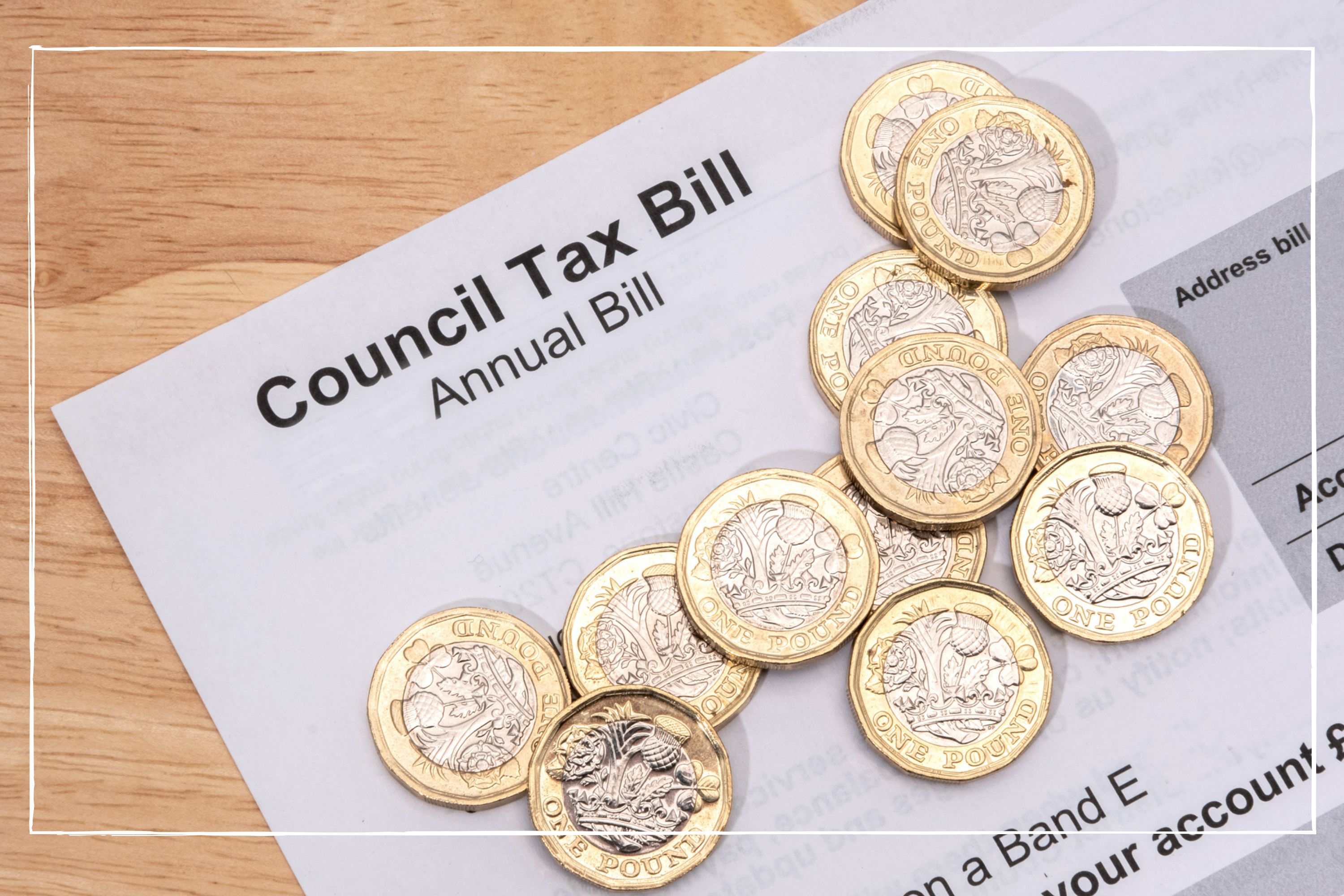Why have I paid council tax in February?
Here's why you might have paid council tax in February instead of having a break

Wondering why you've paid council tax in February when you thought you didn't need to?
Many people don't have to pay council tax in February and March, which can be good news for those who are trying to get their money back on track after the expense of Christmas. It's also incredibly handy during these colder months when energy bills are higher than ever before, especially if you are in a higher council tax band.
But whether you get a couple of months off paying council tax depends on how you pay.
Why have I paid council tax in February?
The most likely reason you have paid council tax in February is that you are paying in 12 instalments rather than 10. Those who pay their annual bill in 10 instalments pay in each month between April and January.
But if you split your annual bill into 12 instalments (which can be more affordable for a lot of people), then you will pay council tax every calendar month without a break.
For example, if you're annual council tax bill is £2,000 and you pay in 10 instalments, you will pay £200 each month between April and January, with a break in February and March.
But if you have the same annual council tax bill, and pay in 12 monthly instalments, you will pay £166.67 each month, with no break in February and March
Parenting advice, hot topics, best buys and family finance tips delivered straight to your inbox.
If you want to change how you pay council tax, you'll need to get in touch with your local council.
How much council tax do I pay and is it going up?
How much council tax you pay depends on what council tax band your property falls in to and how much funding your local council needs.
Council tax tends to go up every April, which is the start of the new tax year. This year, the amount of council tax you pay could go up by up to 5%, but it won't be the same amount for everybody - it depends on where you live and which council area your property falls under.
Local councils have the power to raise council tax each year, but maximum limits are set by the Government. Every year the Government publishes ‘referendum thresholds’ for council tax increases. If local authorities want to raise council tax above these levels; they’re legally obliged to put it to a vote.
In last year's Autumn Statement, Chancellor Jeremy Hunt announced that councils could raise council tax rates by up to 3% without holding a vote. On top of this, they can also add another 2% for social care.
Sarah is GoodtoKnow’s Money Editor. After Sarah graduated from University of Wales, Aberystwyth, with a degree in English and Creative Writing, she entered the world of publishing in 2007, working as a writer and digital editor on a range of titles including Real Homes, Homebuilding & Renovating, The Money Edit and more. When not writing or editing, Sarah can be found hanging out with her rockstar dog, getting opinionated about a movie or learning British Sign Language.